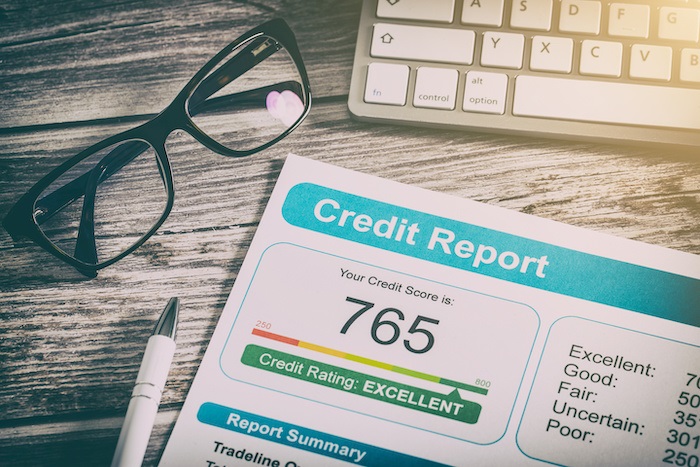Does Credit Score Affect Your Personal Loan Application?

A personal loan is an excellent way to deal with planned and unforeseen expenses as lenders offer it without collateral.
However, to obtain a personal loan at an affordable interest rate, you must fulfil certain eligibility conditions regarding the borrower’s age, income, job nature, and most importantly, credit or CIBIL score.
Assigned by RBI licensed agencies, a CIBIL score is a three-digit number representing an individual’s financial summary based on their credit history. One can quickly check the credit score online through the official website of the concerned agency before applying for a personal loan online to ensure a hassle-free and quick disbursal of funds.
Scroll down to know more about the effects of credit score on the personal loan application.
Credit Score’s Impact on Personal Loan
A high CIBIL score validates a disciplined behaviour of an individual in handling the outstanding debts and assuring the lender regarding timely repayment of the loan with the accrued interest.
On the contrary, a poor credit score increases the credit risk factor for the lender, usually resulting in loan applications rejection or attracting higher interest rates. Hence, one should apply for an online personal loan only after assessing their credit history.
Classification of Credit Score
A CIBIL score can be divided into the following categories:
- Not Applicable (NA): Since the credit reporting agencies compute a CIBIL score upon evaluating a minimum of 6-months credit history of an individual, NA denotes that the credit score is yet to be assigned.
- 300-549: Considered as insufficient for obtaining a personal loan online, having a credit score in this range demonstrates a poor credit history. With a CIBIL score of less than 549, the lender is most likely to reject the individual’s loan application.
- 550-649: A score in this range also corresponds to bad credit health due to non-payment of outstanding debts such as credit card bills or previous loan EMIs. While the chances of getting a loan are pretty slim in this group, one could stand a chance at a high-interest rate if they add a guarantor or a co-applicant to their loan application.
- 650-749: Considered an average credit score, it indicates partially stable credit health, which could help avail a loan but does not provide you with an upper hand to negotiate with the lender for a low-interest rate.
- 750 or above: Regarded as a first-rate credit score, it validates your admirable debt-handling and repayment capability. Along with acquiring a personal loan on favourable terms such as higher loan amounts, low-interest rates, and longer tenures, it can also help obtain additional benefits from the lender.
Steps to check CIBIL score
One can check credit score quite easily by following the below-mentioned steps:
- Visit the official CIBIL website (cibil.com/freecibilscore) and navigate to the new user tab.
- To create an account, you should provide details such as name, mobile number, email ID, etc. Then, the system will enable you to create a username and password to operate your account.
- Next, you will be required to verify your identity by submitting personal information such as your date of birth, address, PAN/AADHAR number. Subsequently, the system will send an OTP to the added mobile number and email ID for verification purposes.
- Upon successful authentication and verification, you will be redirected to a new tab confirming your registration on the CIBIL website.
- After that, you can check your CIBIL score and the detailed credit report on your dashboard by logging in with the generated credentials.
Ways to improve credit score
- As credit cards play a significant role in maintaining your credit health, regular payments of card bills in full and on time helps in boosting your CIBIL score. One should not fall for the trap of depositing minimum due amount as it gradually grows into a pile of debt, landing you in financial troubles.
- Another critical method that helps in improving the CIBIL score is maintaining a healthy credit utilization ratio (CUR). By keeping your card expenses limited to 30% of your available credit, one can maintain a healthy credit score.
- Paying your previous or existing loan EMIs without a default is also a crucial way to increase your credit score. It helps in establishing your creditworthiness in the eyes of the lender while sanctioning any future loans.
- Keeping a healthy mix of credit by borrowing secured and collateral-free loans also positively impacts your CIBIL score.
- You should also maintain a habit of checking your credit report regularly for any errors or discrepancies. Upon encountering any such mistakes, you should immediately report them to the concerned agency as it helps in improving the CIBIL score.
- You should also avoid applying for multiple credit cards simultaneously or submitting frequent loan applications. It indicates credit-hungry behavior and affects your CIBIL score negatively, thereby increasing the risk of loan rejection by the lender.



